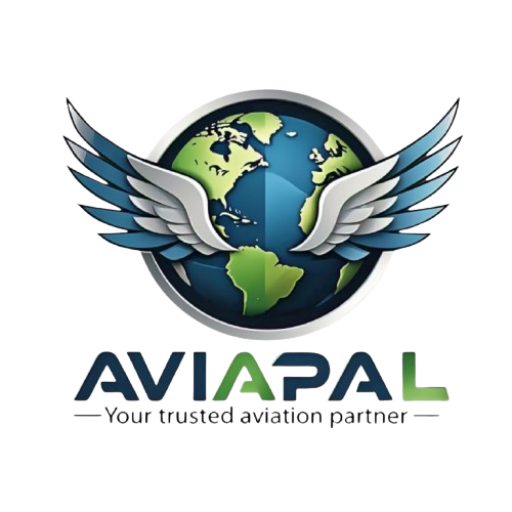Infectious Diseases in Aviation
Infectious diseases in aviation pose a significant challenge, impacting not only the health of passengers and crew but also the operation of airlines globally. The spread of airborne pathogens can occur rapidly due to the close proximity of individuals in confined spaces. The importance of proper training in handling such situations is paramount. Crews must be equipped with knowledge on identifying symptoms, following health protocols, and managing potential outbreaks to prevent further transmission. Additionally, ground and cabin crews need ongoing training on hygiene practices, the use of personal protective equipment (PPE), and quarantine procedures.
In recent years, the COVID-19 pandemic highlighted the need for better preparedness and response strategies. As a result, airlines worldwide have adopted more rigorous health screening, sanitation measures, and emergency response plans. Furthermore, trends in aviation now emphasize the integration of health technology, such as contactless check-ins, air filtration systems, and the monitoring of passengers’ health status using wearable devices.
As we move into 2025, global health security in aviation continues to evolve. More airlines are implementing digital health passports, enabling safer international travel, while governments and health organizations work together to address the complexities of infectious disease transmission in aviation. Training remains essential to ensure that the industry can swiftly adapt to emerging threats, ensuring safer skies for all.
Collaborative Approach with Key Authorities
To effectively address aviation accidents, emergency response, and search and rescue operations, it’s essential for all stakeholders to work together seamlessly. AviaPal Consultancy, in collaboration with the Civil Aviation Authority, the Ministry of Works and Transport, and other relevant institutions, ensures the development and implementation of coordinated systems that help operators prepare for and respond to emergencies.
Joint Training and Drills
AviaPal Consultancy organizes joint training sessions, exercises, and mock drills involving multiple stakeholders. These drills simulate real-life scenarios, ensuring a swift and efficient response in actual emergencies.
Development of Regulatory Frameworks
In collaboration with regulatory authorities, we help create and implement aviation regulations that support effective accident investigations, emergency response, and SAR operations.
Operational Guidance for Aviation Operators
We provide tailored consultancy services to aviation operators, guiding them in the implementation of effective ERP systems, accident investigation protocols, and SAR operations. Our goal is to make sure organizations are always prepared for any crisis, and that they comply with national and international regulations.
Ongoing Support and Crisis Management
After an incident, AviaPal Consultancy offers ongoing support to operators and regulatory bodies, providing post-crisis management services and strategies to prevent future occurrences.
Global Expertise, Local Solutions
With decades of combined experience in the aviation sector, our team brings together global best practices and regional insights to ensure that emergency response systems are not only effective but also aligned with local resources and regulatory frameworks. Whether you’re an operator, regulatory body, or government agency, we provide the knowledge, tools, and training needed to build a robust, responsive aviation system.

